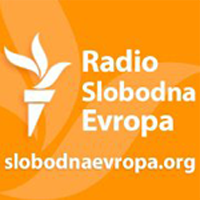Three Decades since the Crime in Ovčara – We Remember the Victims
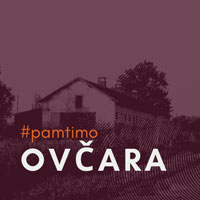
 Saturday, November 20, 2021, marks the 30th anniversary of the crime committed on the Ovčara farm near Vukovar, when members of the local Territorial Defence (TO) and Serb volunteers under the command of the Yugoslav People’s Army (JNA) killed 265 Croatian civilians and prisoners of war. On this occasion, the Humanitarian Law Center (HLC) reminds of the court-established facts about the crime in Ovčara and calls on the state institutions to pay tribute to the victims.
Saturday, November 20, 2021, marks the 30th anniversary of the crime committed on the Ovčara farm near Vukovar, when members of the local Territorial Defence (TO) and Serb volunteers under the command of the Yugoslav People’s Army (JNA) killed 265 Croatian civilians and prisoners of war. On this occasion, the Humanitarian Law Center (HLC) reminds of the court-established facts about the crime in Ovčara and calls on the state institutions to pay tribute to the victims.
Immediately after seizing Vukovar, on November 20, 1991, JNA members took the injured, ill, civilians and members of the Croatian Armed Forces from the Vukovar hospital and took them to hangars on the Ovčara farm, about five kilometres southeast of Vukovar. From the moment they were brought to Ovčara, members of the Vukovar TO and the “Leva Supoderica” unit, composed mainly of volunteers from the Serbian Radical Party, beat, humiliated and abused detained Croats, all in the presence of members of the JNA Military Police. In the evening, members of the JNA withdrew from Ovčara following the orders of Colonel Mile Mrkšić. Members of the Vukovar TO and the “Leva Supoderica” volunteer unit took detainees out of the hangar during the night between November 20 and 21, 1991 and took them in groups of 10 to 20 people toward Grabovo. There, they were shot standing in front of a previously prepared mass grave. In Ovčara, besides wounded members of the Croatian armed forces, civilians, women and children were killed: Ružica Markobašić (32), who was in the late pregnancy at the time, Janja Podhorski (60), Dragutin Balog (17) and Igor Kačić (16).
200 bodies were exhumed from the mass grave at the Grabovo site, and 193 victims were identified. Seventeen bodies of the victims were found in the surrounding graves, while the bodies of dozens of victims are still being searched for.








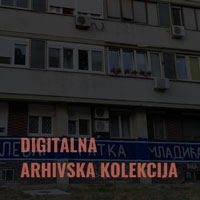

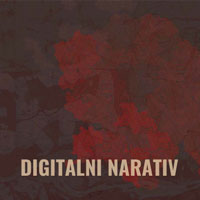
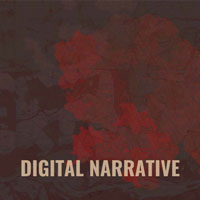 The Humanitarian Law Center (HLC) published its fifth digital narrative, “Crimes against Croats in Vojvodina”. The narrative is created on the basis of an
The Humanitarian Law Center (HLC) published its fifth digital narrative, “Crimes against Croats in Vojvodina”. The narrative is created on the basis of an 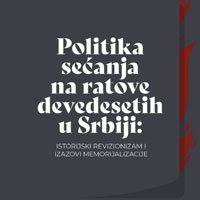
 Since 2012, when the Serbian Progressive Party came to power, the wars of the 1990s became the focal point of the official memory politics and crucial for the political legitimacy of the SNS government. The populist discourse of the return of the national pride is central to state-sponsored memory work, arguing that the previous governments and international community coerced the Serbian nation to feel ashamed about its heroes and victims of the 1990s wars. The current regime uses the fact that the previous governments did not focus on the 1990s in their memory politics as a demarcation line and source of legitimacy. Because of the SNS and their political allies, the Serbian people are finally allowed and able, as the dominant narrative claims, to remember their heroes and victims with pride. The government builds its political legitimacy on its commitment to the industry of memory, which involves large-scale commemorations, usage of media technologies, cultural production and new ways of disseminating the dominant narratives.
Since 2012, when the Serbian Progressive Party came to power, the wars of the 1990s became the focal point of the official memory politics and crucial for the political legitimacy of the SNS government. The populist discourse of the return of the national pride is central to state-sponsored memory work, arguing that the previous governments and international community coerced the Serbian nation to feel ashamed about its heroes and victims of the 1990s wars. The current regime uses the fact that the previous governments did not focus on the 1990s in their memory politics as a demarcation line and source of legitimacy. Because of the SNS and their political allies, the Serbian people are finally allowed and able, as the dominant narrative claims, to remember their heroes and victims with pride. The government builds its political legitimacy on its commitment to the industry of memory, which involves large-scale commemorations, usage of media technologies, cultural production and new ways of disseminating the dominant narratives.
